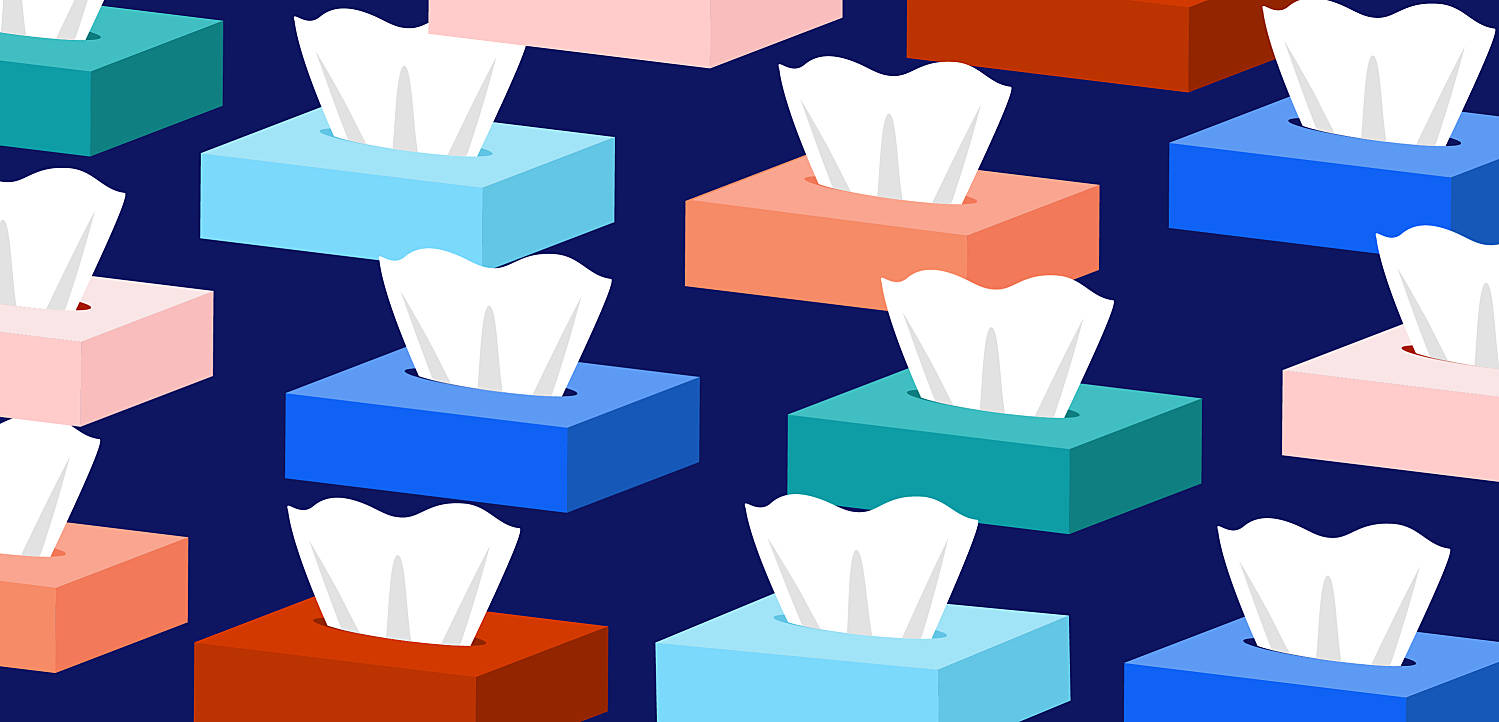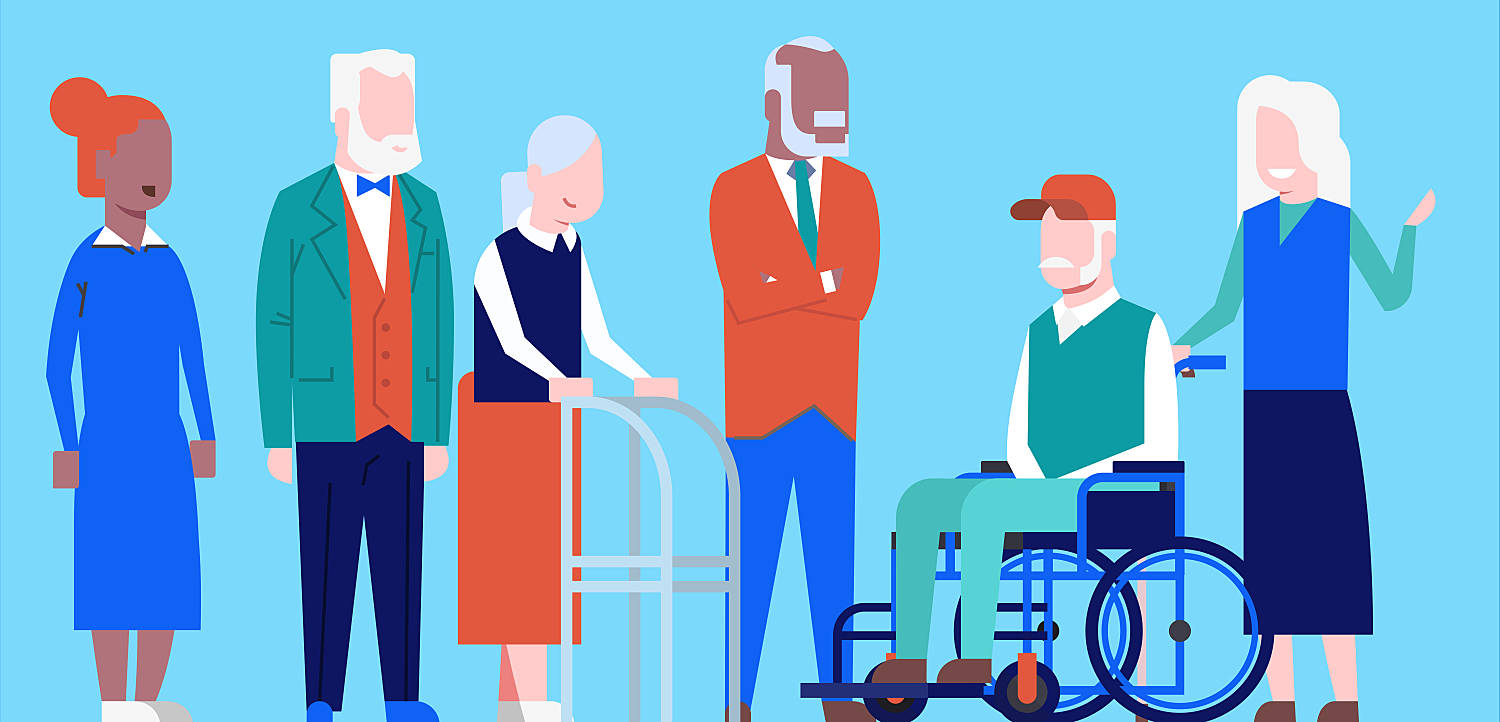Coronavirus: everything you need to know about COVID-19

Medically reviewed by
Dr Babak AshrafiLast reviewed: 25 Jun 2020
Get clear, up-to-date, and accurate information on the coronavirus directly from our doctors. We’re continually analysing the latest data to make sure you're always getting the right advice. We're also offering both PCR and antibody lab tests as part of our efforts to help combat the virus.

What is coronavirus?
A coronavirus is a virus which can affect animals and humans.
Coronavirus spreads in a similar way to other viruses, passed on through coughing or sneezing. It’s also released in the air as aerosols when an infected person breathes out The closer someone is to the infected person, and the longer someone is exposed to them, the higher the risk of transmission.
As with other coronaviruses, it's possible that this coronavirus can also be picked up from surfaces. This is thought to be up to 72 hours, depending on the surface it's on.

How do you treat coronavirus (COVID-19)?
There is currently no treatment for this coronavirus. Managing the symptoms while your body builds a natural immunity is the only way to beat the virus. Due to this, we recommend
- regular paracetamol to manage a fever or pain
- natural remedies for a cough such as honey and lemon
- drinking plenty of water
- getting lots of rest

COVID-19 immunity after vaccination and natural immunity
Your immune response to COVID-19 varies, depending on whether you have previously had Covid-19 or been vaccinated. Immunity is thought to last between 8 months to a year and depends on factors like your overall health and the amount and type of antibodies present.
Vaccine protection varies, depending on which vaccine you were given and which strain of COVID-19 you are exposed to.

Travelling safely in the COVID-19 pandemic
If you are planning a trip abroad or a staycation, it's essential to take the proper steps to protect yourself and those around you from the virus. Here, we'll provide you with guidance to make sure your travel plans go off without a hitch.
COVID-19 Vaccines: The Facts
Learn everything you need to know about the different COVID-19 vaccines.

Dr Babak Ashrafi Clinical Lead for Service Expansion
Accreditations: BSc, MBBS, MRCGP (2008)
Babak studied medicine at King’s College London and graduated in 2003, having also gained a bachelor’s degree in Physiology during his time there. He completed his general practice (GP) training in East London, where he worked for a number of years as a partner at a large inner-city GP practice. He completed the Royal College of GPs membership exam in 2007.
Meet our doctorsLast reviewed: 25 Jun 2020
-
Travel abroad from England during coronavirus (COVID-19), GOV.UK [accessed February 2023]
-
COVID-19 immunity: Infection compared with vaccination, British Society for Immunology [accessed February 2023]
-
Treatments for coronavirus (COVID-19), National Health Service [accessed February 2023]
-
Symptoms of coronavirus (COVID-19), National Health Service [accessed February 2023]
-
Coronavirus (COVID-19) vaccine, National Health Service [accessed February 2023]








